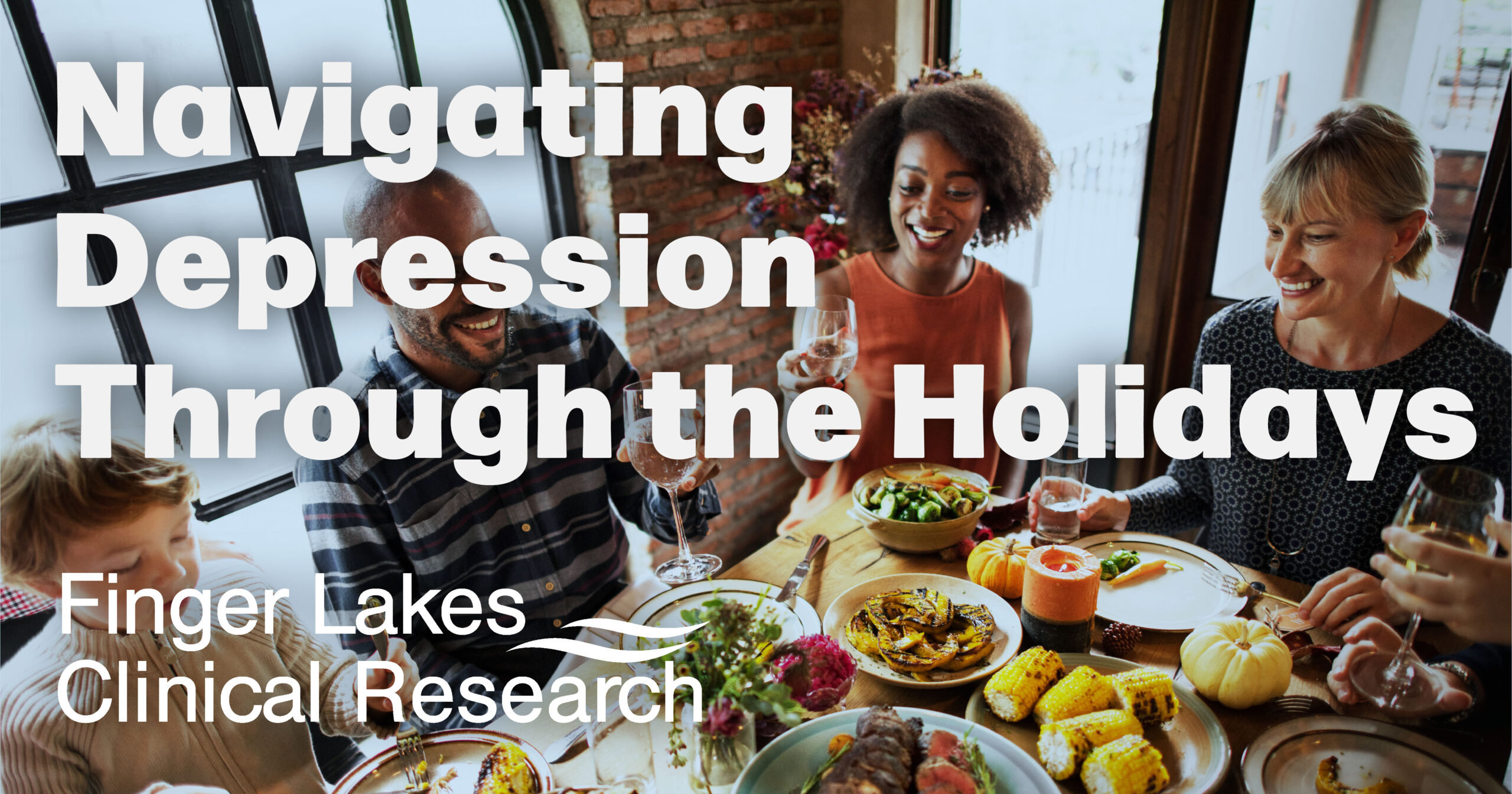As the leaves turn and the holiday season approaches, many anticipate the warmth and joy of Thanksgiving. However, for some, this time can be a challenging period, particularly for those battling depression.
Thanksgiving often accentuates feelings of loneliness, amplifying the sense of isolation and intensifying depressive thoughts. The pressure to partake in social gatherings and display gratitude can be overwhelming for those grappling with inner turmoil. According to the National Alliance on Mental Illness (NAMI), around the holiday season, individuals may feel more stress and anxiety, exacerbating symptoms of depression.
Research published in the Journal of Affective Disorders suggests that individuals with depression may experience increased feelings of sadness and loneliness during festive occasions like Thanksgiving. Social expectations and comparisons to the joyful portrayal of the holiday season in the media can further contribute to the sense of inadequacy and desolation.
Amid these challenges, it’s vital to recognize the importance of self-care and seeking support. Talking to friends, family, or a mental health professional can be an essential step in managing depressive symptoms. Encouraging open conversations about mental health can help foster a supportive environment for individuals battling depression during Thanksgiving and beyond.

Remember, seeking professional help is a sign of strength. If you or someone you know is struggling with depression during Thanksgiving, reaching out for support is an important step towards healing and resilience.
This Thanksgiving and holiday season, let’s strive to create an inclusive and understanding environment, extending kindness and support to those who may find this time challenging.
References:
- National Alliance on Mental Illness (NAMI). (n.d.). Holiday Blues. [https://www.nami.org/About-Mental-Illness/Common-Mental-Health-Disorders/Depression/Holiday-Blues]
- Hirsch, J. K., & Barton, A. L. (2011). Positive social support, negative social exchanges, and suicidal behavior in college students. Journal of American College Health, 59(5), 393-398.
- Lam, R. W. (2004). How are you feeling? Atypical depression, depression and seasonal affective disorder. Canadian Journal of Diagnosis, 21(4), 55-61.



